Did you know that crude oil was known both in ancient China and in ancient Egypt? The Persian name for crude oil comes from the verb ‘nafata’ meaning ‘to sweat’, as people at that time thought the dark viscous liquid to be the sweat of the Earth coming up to the surface. The word survives in many languages up to this day.
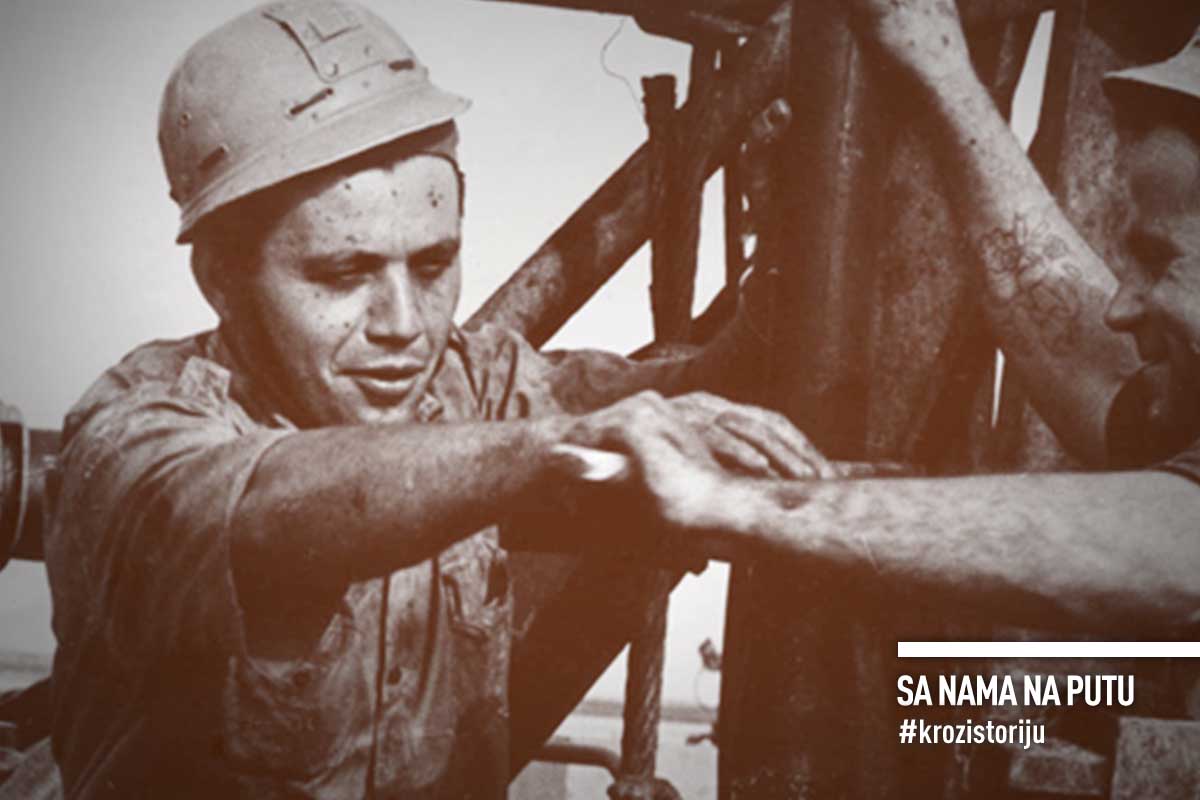
We know that people across the world have been using crude oil for thousands of years, depending on the levels of technological development. However, the industry itself is relatively new.
The exact date of the start of industrial oil production in unknown, but it definitely happened in the first half of the 19th century. In the Balkans systemic development of the oil industry started only after World War II.
One of the important drivers of this development has been NIS, or the companies that later became what we now know as Naftna industrija Srbije.
Where did it all start?
The modern history of the oil industry in Serbia started in 1945 with the creation of Jugopetrol, the first Serbian company dealing with oil and petroleum products. Two years later the company changed its name to Commercial Company for Sale of Oil and Petroleum Products Jugopetrol Belgrade.
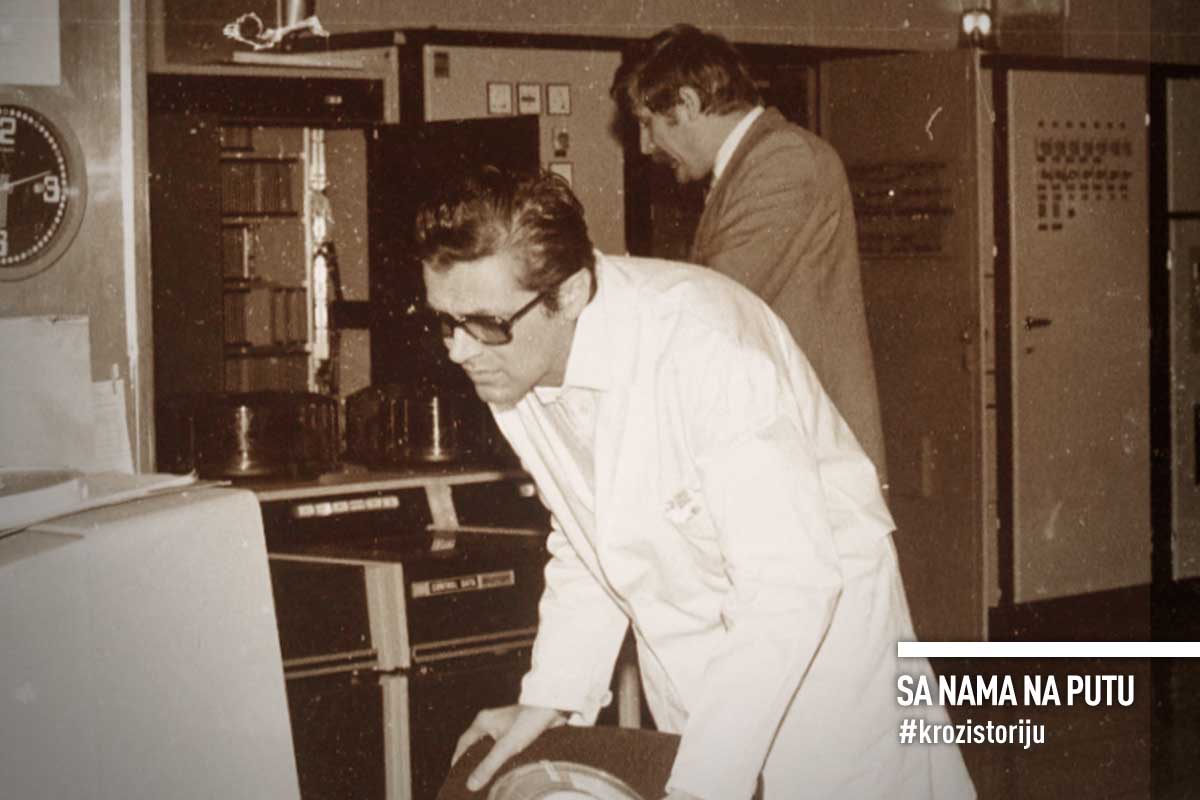
Fixed assets of the company back in 1947 amounted to almost 18 million dinars, and its working capital to 28 million. The core activity according to the existing records was “import, export, and sale of petroleum products and raw materials”.
What we now know as one of the leading companies in the region started out in the hard post-war time with only 180 employees.
Historical evidence shows that the four years of the World War left Serbia missing nearly 85% of all its fuel storage and sale facilities. The country only had the total of nine filling stations, all in Belgrade, one warehouse, also in Belgrade, and about twenty smaller storage depots.
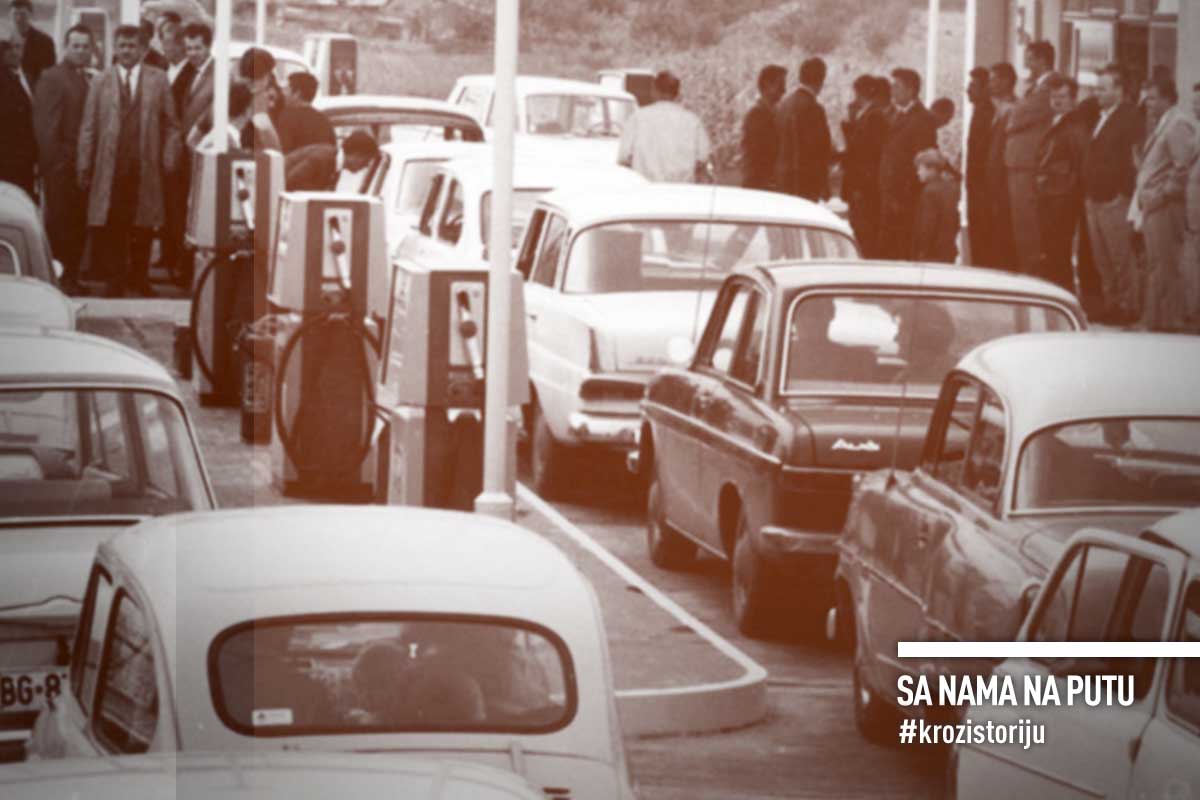
The first order of business, of course, was the reconstruction. Starting from 1947, the company allocated all efforts to the restoration of facilities, construction of roads, and development of transportation systems. Those who witnessed there early days say employees often volunteered to work outside of official hours and distribution of labour was non-existent, with the warehouse manager doing the accounting, the driving, and anything else as needed.
The person leading the team through these challenges post-war years was Kosta Poznanović, the first CEO of Jugopetrol from 1947 to 1963.
Where did it lead?
Only knowing how the company started out can we appreciate the progress it made in the first ten years of its development.
In early 1949, Serbia founded a company for exploration and production of oil, whose main objective was to discover oil deposits in the eastern part of the Pannonian basin. Only six months after its founding, the company later named Naftagas disovered the first Serbian gas field near the village of Velika Greda in the South Banat region. Three years later, the company discovered its first oil, with the Je-001 oil well setting the groundwork for all further exploration.
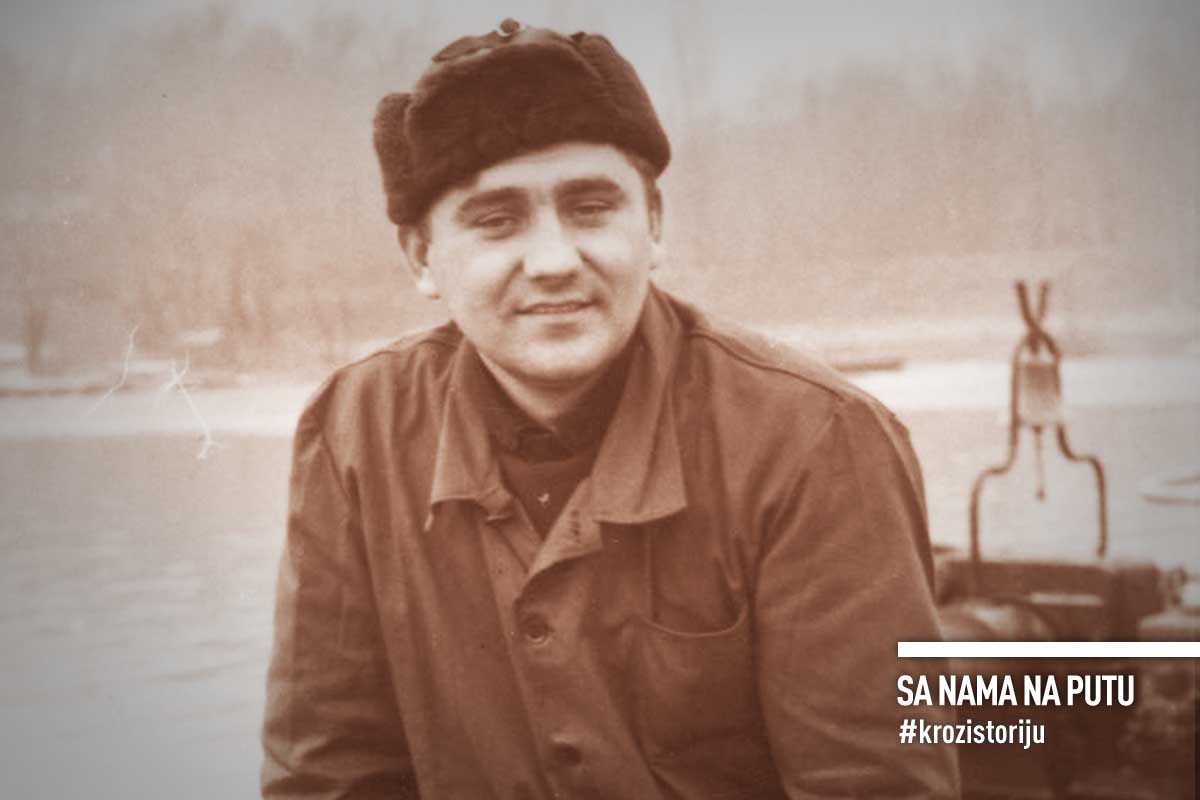
In was only upwards from then on. By 1957, Jugpetrol has a team of 614 people, and the value of its fixed assets increased a hundred times. The sales grew accordingly: where in 1947 yearly fuel consumption in Serbia was 51 thousand tons, by 1957 this amount reached 175 thousand.
The infrastructure expanded as well. In 1957, Jugpetrol had two central warehouses in Belgrade and Smederevo, 19 depots, and 5 jet fuel stations, in Zemun, Podgorica, Dubrovnik, Tivat, and Skopje.
The number of filling stations was still quite low: 11 in Belgrade and 16 across the country.
Further growth
It is also worth noting, that in the first ten years of its operation, Jugopetrol became the first company in Yugoslavia to be registered for foreign trade. The company started with imports, importing 3.5 thousand tons of fuel in 1953.
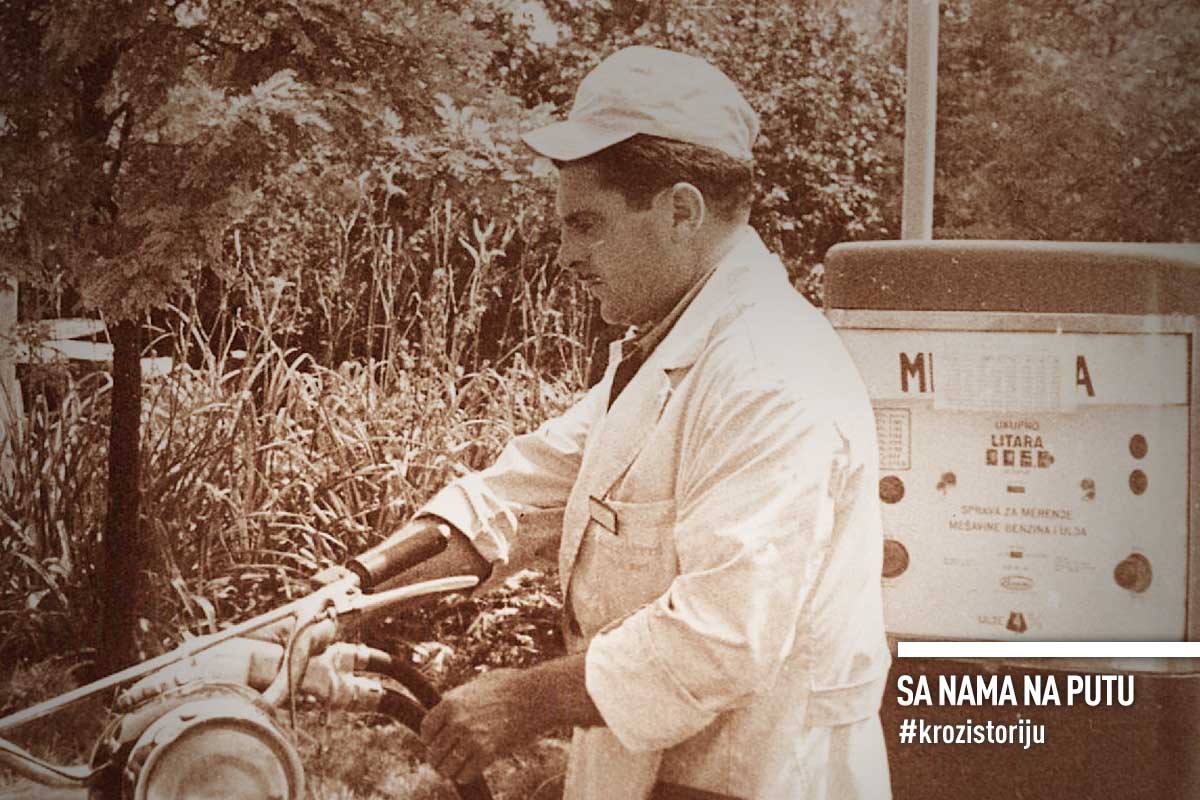
It is also worth noting, that in the first ten years of its operation, Jugopetrol became the first company in Yugoslavia to be registered for foreign trade. The company started with imports, importing 3.5 thousand tons of fuel in 1953.
After the discovery of oil in Serbia, Jugopetrol was able to start exporting fuel, which now makes it the company with the longest history of foreign fuel trade in the country.
The foundations for future success were in place.
To be continued
Author: Aleksandra Bogdanović „Istorijski zabavnik“

